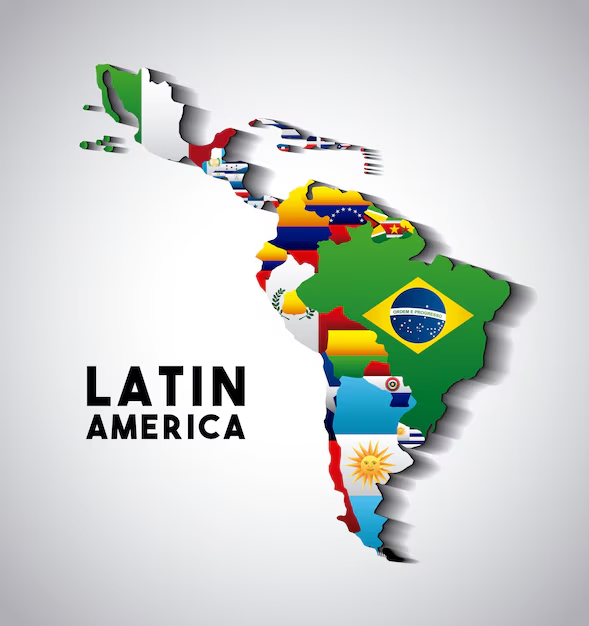Access to Clean Water and Sanitation: A Critical Analysis of Community Development in South America
Access to clean water and sanitation are fundamental human rights, integral to public health, economic productivity, and social equity (United Nations, Universal Declaration of Human Rights). This article analyzes the multifaceted challenges and innovative solutions related to achieving universal access to these essential resources in South America, focusing on the application of community development principles and sustainable infrastructure initiatives. We will examine the impact of water scarcity, explore the efficacy of various community-led projects, and propose strategies for fostering sustainable and equitable access. The theoretical frameworks underpinning this analysis include the Sustainable Development Goals (SDGs), particularly SDG 6 (Clean Water and Sanitation), and the principles of community-based participatory research (CBPR).
Water Scarcity and its Socioeconomic Impacts in South America: While South America possesses abundant water resources, uneven distribution, coupled with climate change, population growth, and inefficient water management practices, results in widespread water scarcity in many regions. This scarcity significantly impacts community well-being. The scarcity can be analyzed through the lens of the water stress index, highlighting areas vulnerable to water shortages. The resulting limitations on agricultural productivity, reduced industrial output, and health implications (increased waterborne diseases) contribute to a cycle of poverty and inequality, disproportionately affecting marginalized communities. This aligns with the concept of environmental justice, where inequitable distribution of environmental hazards and resources exacerbates existing social inequalities.
The Efficacy of Community-Led Development Projects: Numerous community-led development projects across South America employ various strategies to address water and sanitation challenges. These projects, often guided by the principles of CBPR, empower local communities to participate actively in the design, implementation, and monitoring of interventions. Successful projects typically incorporate elements of participatory rural appraisal (PRA) methods to gain insights into community needs and preferences, ensuring project relevance and sustainability. Effective interventions include:
- Sustainable Water Resource Management: This involves implementing rainwater harvesting systems, improving irrigation techniques (e.g., drip irrigation), and promoting water conservation practices. These initiatives align with principles of integrated water resource management (IWRM), emphasizing a holistic approach considering ecological, social, and economic dimensions.
- Water Treatment and Purification Technologies: The implementation of appropriate technologies for water filtration and purification, tailored to local contexts, is crucial. This requires a thorough understanding of water quality parameters and the selection of cost-effective and sustainable treatment options. The efficacy of these technologies can be evaluated based on indicators such as reductions in waterborne diseases and improvements in water quality parameters.
- Sanitation Infrastructure Development: Construction of appropriate sanitation facilities, including toilets and sewage systems, is essential to prevent water contamination and improve public health. This necessitates careful consideration of sanitation ladder concepts, aligning technology selection with community capacity and environmental sustainability.
- Community Education and Capacity Building: Education and awareness campaigns regarding hygiene practices, water conservation, and sanitation are critical for long-term sustainability. These initiatives are based on social learning theory, emphasizing the importance of participatory learning processes that empower communities to manage their own resources.
- Strategic Partnerships and Collaboration: Successful projects often rely on strong partnerships between governmental agencies, NGOs, and community organizations. This collaboration facilitates resource mobilization, knowledge sharing, and efficient project implementation. The concept of stakeholder engagement becomes paramount in this context.
Policy Advocacy and Sustainable Development: Achieving universal access to clean water and sanitation necessitates a multi-pronged approach. Advocacy for policy reform at the national and regional levels is crucial. This involves advocating for policies that prioritize investment in water and sanitation infrastructure, promote equitable access, and strengthen regulatory frameworks. Such policies should align with the SDGs and relevant international agreements, incorporating principles of good governance and transparency.
Conclusions and Recommendations: Addressing the water and sanitation crisis in South America requires a concerted effort from various stakeholders. Community-led development projects, guided by principles of sustainability, equity, and participation, have demonstrated the potential to achieve significant improvements in access to clean water and sanitation. However, these efforts need to be scaled up and complemented by supportive policies, increased funding, and effective monitoring and evaluation mechanisms. Further research is needed to assess the long-term impacts of various interventions, identify best practices, and develop innovative solutions tailored to specific regional and community contexts. Investing in education and capacity building within communities is crucial to achieve self-sufficiency in managing their own water and sanitation resources, leading to lasting change and improvements in health, economic opportunities, and overall well-being.
Reader Pool: Considering the multifaceted nature of the water and sanitation crisis and the varied approaches outlined in this article, what strategies do you believe are most effective for ensuring long-term sustainability and equitable access to these resources in South American communities?



